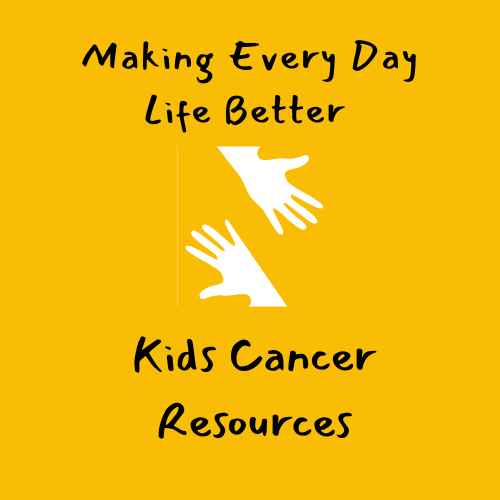What Is The Process For Being on Clinical Trials?
Article by: Katie Sutton, Md – Pediatric Oncologist
Screening: In order to be enrolled on a clinical trial, your child’s healthcare team will do a thorough evaluation of their cancer (may be with images, labs, or biopsies – taking a sample of the tumor) as well as an evaluation of their current health overall. If they meet the criteria for study participation and your healthcare team believes the study is an appropriate option for your child, the study will be discussed with you.
Consent: All parts of the study should be thoroughly explained to you, and you should feel like you have plenty of time to ask questions. It’s your healthcare team’s job to make sure you understand everything about your child’s cancer and the study. You should understand your child’s diagnosis and prognosis. You should know what procedures are part of the study. You should be told that participation is voluntary and what alternative treatments exist. If you choose to participate (more on that later), you’ll sign a consent document – sometimes these are very long! You should always be provided with a copy. Even if you consent, you always have the right to withdraw from participation.
Enrollment: Your child will then be enrolled in the study. If it is a treatment clinical trial, there will usually be labs and other tests that have to happen when they start the therapy and then at set times throughout the study. In order for doctors to really answer the questions about whether a treatment is safe and effective, the study procedures and treatment must be given in a specific way and obtained at specific times. It may feel rigid, but it’s the only way to make sure the data is accurate and understandable. If you’re worried you might not be able to stick to the schedule, it’s important to tell your child’s healthcare team.
How to decide whether to participate in a study or clinical trial?
The decision to participate in research including clinical trials is a very personal one. Things one might consider:
- How do you feel about research in general? As a doctor, I believe that research studies are how we’ve made such great progress in treating childhood cancer over the past 50 years, but sometimes due to past personal experiences or experiences of loved ones, families are uncomfortable with participation in research and THAT IS OK! Your healthcare team will support you.
- Can you stick to the treatment plan and schedule of the study?
- What other options exist for your child?
- How common is your child’s cancer type? Is there a “standard of care?” Some cancers are so rare that we aren’t certain how to best treat them.
- How is your child’s underlying health? How might the study impact their quality of life?
- What Phase is the trial? A Phase 3 study of a medicine that has been already tested for safety and signs of efficacy (working) has a reasonable chance to directly impact your child and their cancer. It will be largely unknown whether a drug in a phase 1 study will work to treat your child’s cancer, but it may help other children in the future.
No Right or Wrong Way
Different families have different experiences, values, and hopes. For some, it is important to feel they have tried everything available to cure their child’s cancer. For others, their child’s quality of life is most important and so they want to pick a treatment that minimizes side effects or allows them to stay at home or avoid medicines. For some, knowing they are helping the “greater good” or kids in the future gives meaning to their child’s experience. There is no “right” or “wrong” way to approach the decision. Your child’s healthcare team should help you understand all of the options and how they align with your priorities for your child.



